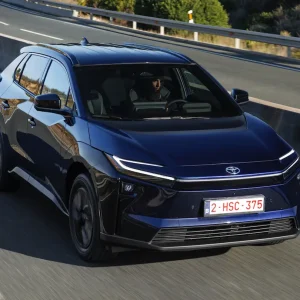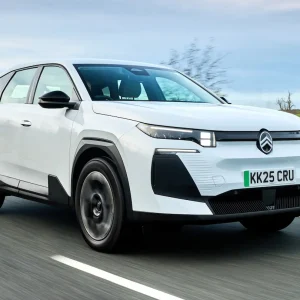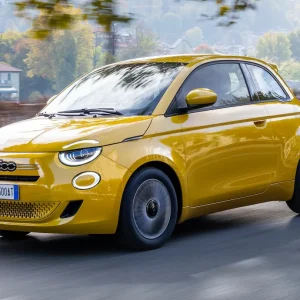From the outset I was excited about running the diesel-electric hybrid version of Citroen’s DS5. On paper it’s my kind of car, and by that I mean one that is designed to use as little fuel as possible.
It promised the long-distance efficiency of a diesel coupled to batteries and an electric motor for city driving.
Following the DS5’s arrival I wrote: “I usually get within 10% of the official fuel figure for a car, so if I get close to 66.9mpg over the next six months I will be a very happy driver.”
Unfortunately, after more than 4000 miles and five months , I have averaged just 43.5mpg. That was more than 40% under the official combined fuel consumption figure, though it should be said that all hybrids seem to struggle with meeting official economy figures due to the nature of the test.
And it wasn’t as though I was driving with lead feet. I even had a specifically designed eco driving lesson from training specialist AA DriveTech plus a chat to Citroen’s head of Hybrid4, Christophe Hancke [1], to see if I could improve. The message from both was unfortunately clear. I was doing the ‘wrong’ sort of driving. In order to get better figures I should only do longer, suburban drives. Short city routes meant the diesel never warmed and the electricity soon ran out [2], while the weight and aerodynamically poor shape of the DS5 meant motorway journeys didn’t realise the potential of the diesel.
It wasn’t just me that underachieved. BusinessCar colleague Guy Bird averaged 37.5mpg in a south London setting when he took the car, which compared with my remarkably consistent 40.6-48.5mpg.
There were, however, plenty of positives. Firstly, the car’s exterior styling was almost universally praised, while the interior material quality and construction is also first class [3], leading Mr Bird to say that the car for him projected a real feel-good factor. The sub-110g/km emissions are excellent too, and since our vehicle arrived Citroen has added a no-cost option of smaller 17-inch alloys that drop the emissions to 88g/km as of early February, which no premium brand car can get close to. It keeps the DS5 in the lowest tax band past?April 2013, which is hugely impressive for a 200hp model.
It’s also worth remembering that diesel hybrids dodge the 3% BIK penalty levied on diesel-engined cars, so even if rivals were as clean, drivers would still be paying more tax.
Despite the strong emissions and tax case, the P11D?is still an issue because, at £32,145, it is expensive. For this money you can also get an equivalently powered and specced BMW 320d Luxury, and I’d bet I’d get much closer to the official 61.4mpg fuel figure, plus you’ll have more space, cup holders and a radio capable of picking up AM.
The DS5 certainly has plenty to like, and is a tax-efficient and interesting car, it’s just a shame the economy figures are out of reach.
| Citroen DS5 Hybrid4 Dsport | |
| Mileage | 7341 |
| Claimed combined consumption | 68.9mpg |
| Our average consumption | 43.5mpg |
| P11D price | £32,145 |
| Model price range | £22,400-£32,145 |
| CO2 (tax) | 102g/km (12%) |
| BIK 20/40% per month | £59/£118 |
| Service interval | 20,000mls |
| Insurance | group 28 |
| Warranty | 3yrs/60,000mls |
| Boot space (min/max) | 325/1145 litres |
| Engine size/power | 1997cc+EV/200hp |
| Top speed/0-62mph | 131mph/8.3secs |





